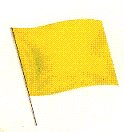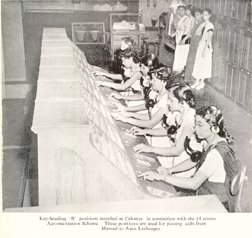Ambrose Bierce (1842–1914), author
I offer this news story with running commentary. The following is an excerpt from today’s New York Times article "Long-Awaited Medical Study Questions the Power of Prayer" using all combinations of my weak sense of humor such as sarcasm, hillbilly language (which probably is spoken more readily here in Los Angeles by so called educated people), and poor taste.
 Prayers offered by strangers had no effect on the recovery of people who were undergoing heart surgery, a large and long-awaited study has found.
Prayers offered by strangers had no effect on the recovery of people who were undergoing heart surgery, a large and long-awaited study has found.I ain’t having none of it. This story was written by one of those terrorist lovin’ New York Times’ reporter.
And patients who knew they were being prayed for had a higher rate of post-operative complications like abnormal heart rhythms, perhaps because of the expectations the prayers created, the researchers suggested.
This could give new meaning to the phrase: “I’m going to pray for you.”
Because it is the most scientifically rigorous investigation of whether prayer can heal illness, the study, begun almost a decade ago and involving more than 1,800 patients, has for years been the subject of speculation.
I don’t care how rigorous the investigation or irrefutable the evidence, because if god can create the earth HE most certainly can answer a prayer.
The question has been a contentious one among researchers. Proponents have argued that prayer is perhaps the most deeply human response to disease, and that it may relieve suffering by some mechanism that is not yet understood. Skeptics have contended that studying prayer is a waste of money and that it presupposes supernatural intervention, putting it by definition beyond the reach of science.
Note in this paragraph that the smart ones are called skeptics, soon it will be heretics, again. The reason this was contentious is because they were praying to find a believable answer so their prayers of winning the Nobel prize could be answered.
"One conclusion from this is that the role of awareness of prayer should be studied further," said co-author of the study Dr. Charles Bethea, a cardiologist at Integris Baptist Medical Center in Oklahoma City (and someone who feared for his life if he said there was no god).







